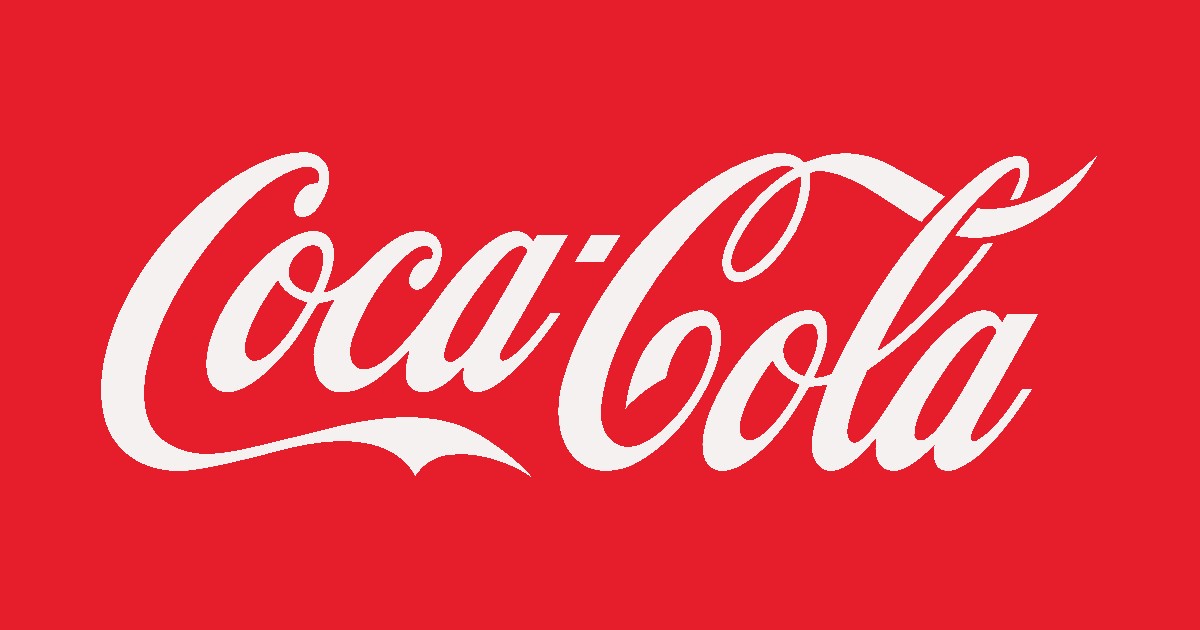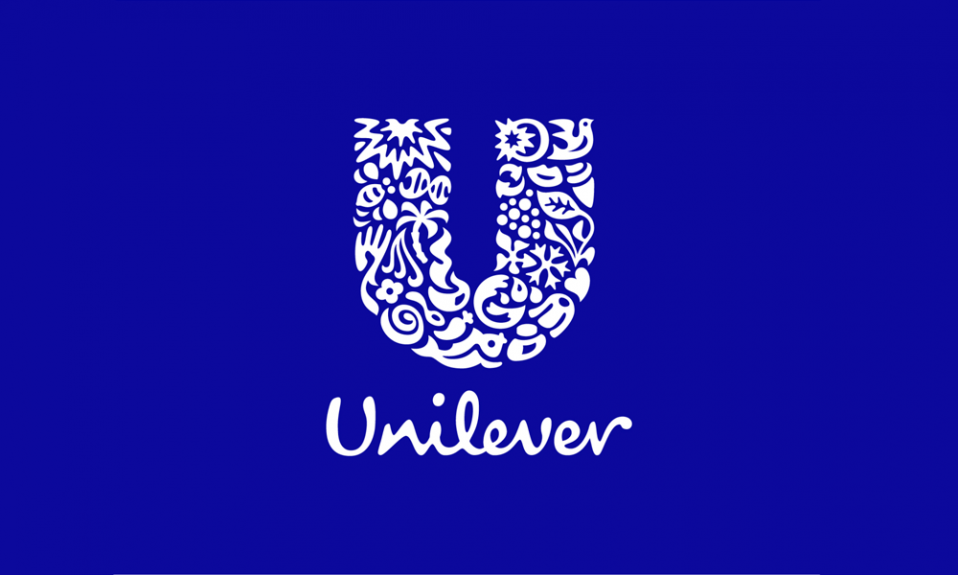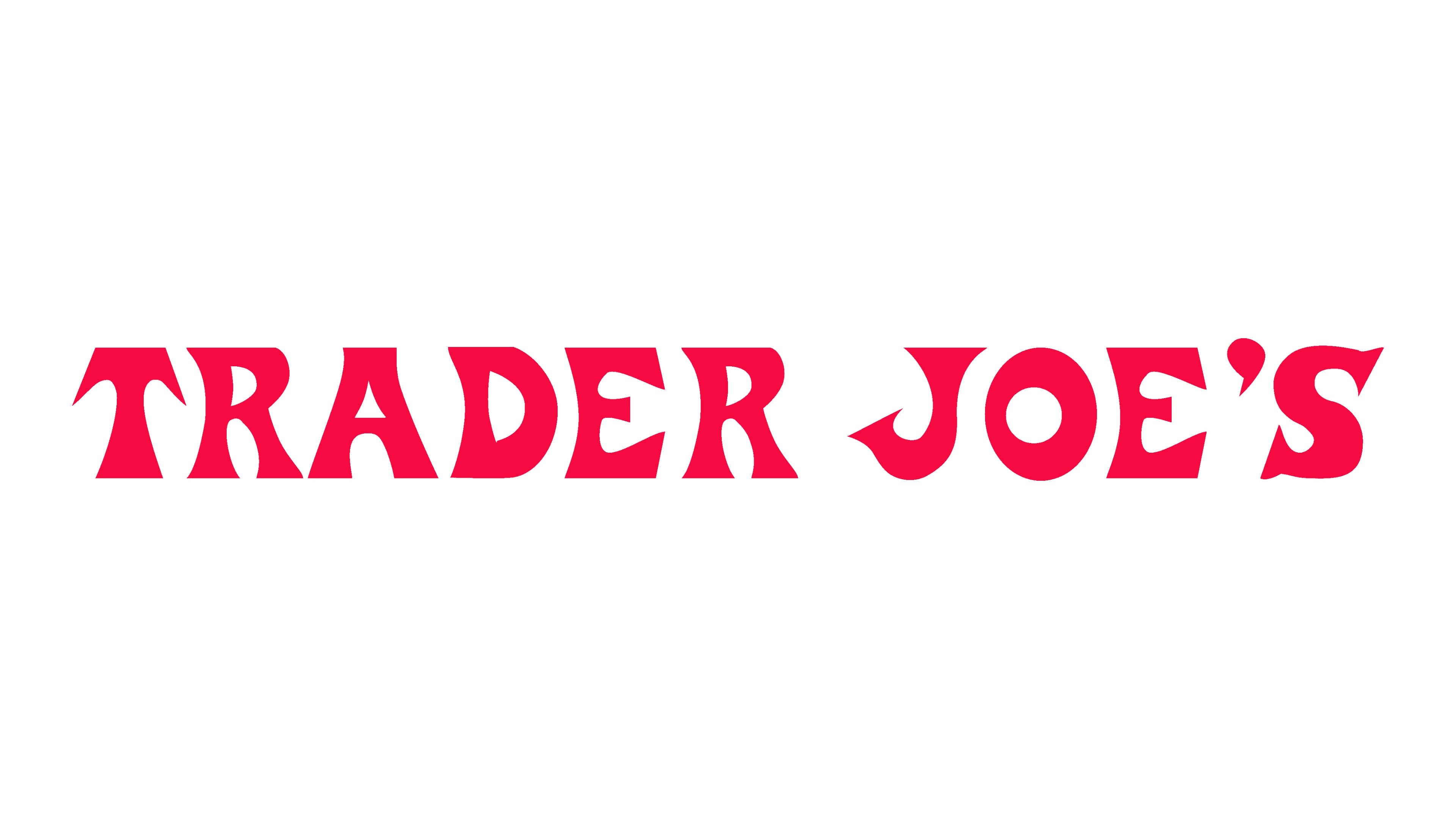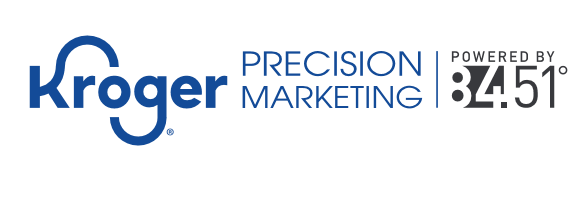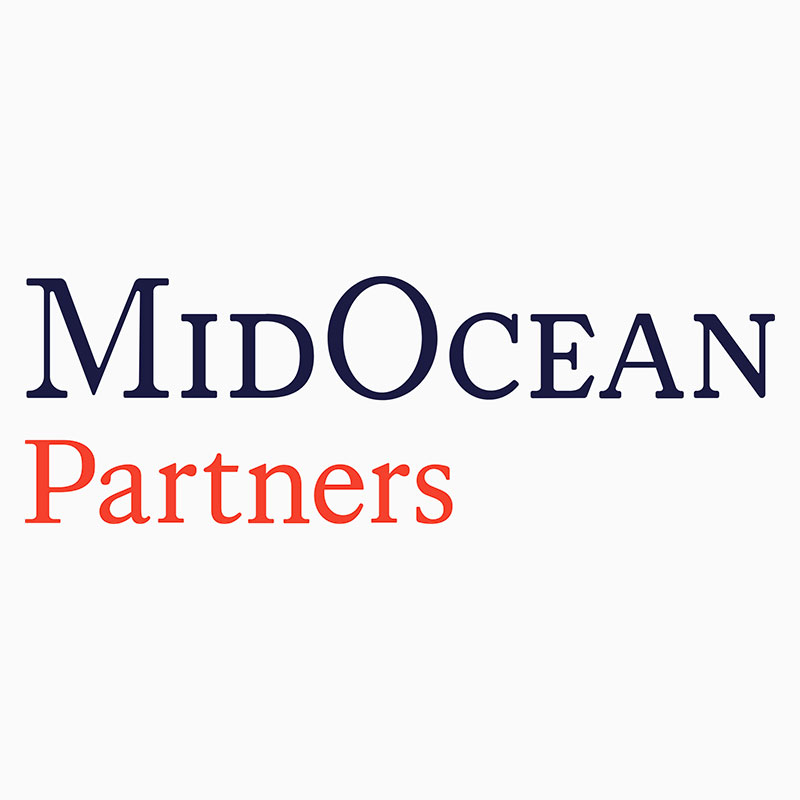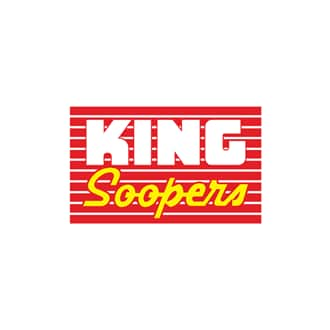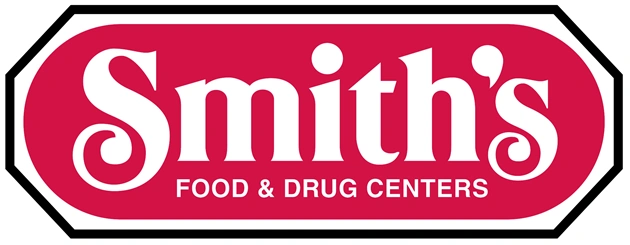Company Directory - The Kroger Co.
Company Details - The Kroger Co.

The Kroger Co.
WebsiteCincinnati, United States
2800 Locations
The Kroger Co. is one of the largest supermarket chains in the United States. It operates a wide range of retail formats including supermarkets, multi-department stores, and convenience stores while also offering services such as pharmacy, fuel centers, and online shopping.
CCI Score
CCI Score: The Kroger Co.
-34.53
0.14%
Latest Event
CEO Resignation Following Ethics Investigation
Kroger Chairman and CEO Rodney McMullen resigned after an internal investigation found his personal conduct inconsistent with company ethics policies. The board swiftly initiated an external investigation and appointed an interim CEO, demonstrating accountability and transparency in leadership.
Take Action
So what can you do? It's time to make tough choices. Where will you cast your vote?
- Shop Alternatives
SEE ALL - Use Your Voice
OTHER TOOLS - Investigate
- Share the Score
SUPPORT CCI
TOADIE
The Kroger Co. is currently rated as a Toadie.
Latest Events
 MAR032025
MAR032025Kroger Chairman and CEO Rodney McMullen resigned after an internal investigation found his personal conduct inconsistent with company ethics policies. The board swiftly initiated an external investigation and appointed an interim CEO, demonstrating accountability and transparency in leadership.
+40
Business Practices and Ethical Responsibility
April 3
The company's board responded promptly to internal findings regarding the CEO's personal conduct by initiating an independent investigation and forcing his resignation. This action reinforces corporate accountability and ethical governance, which are essential for resisting authoritarian practices.
Kroger Chairman and CEO resigns following investigation into personal conduct
 FEB142025
FEB142025An analysis of Kroger's implementation of surveillance pricing strategies and the potential use of facial recognition technology, which exploit consumer data and undermine privacy, raising serious ethical concerns.
-60
Business Practices and Ethical Responsibility
March 19
Kroger's business practices, as detailed in the article, reveal the deployment of surveillance pricing tactics that gather and exploit consumer data. The practice of collecting extensive personal, biometric, and behavioral information for price discrimination compromises consumer privacy and represents a significant ethical breach, contributing to corporate complicity in undermining consumer rights.
-55
Technology and Services Impact
March 19
The article highlights Kroger's use of electronic shelf labels and the potential deployment of facial recognition technology to profile consumers. This intrusive use of technology for surveillance pricing not only violates consumer privacy but also sets a concerning precedent for corporate reliance on invasive tech, which can be further exploited in repressive contexts.
 FEB102025
FEB102025On February 10, 2025, ten thousand UFCW Local 7 grocery workers went on strike at Kroger-operated King Soopers stores in Colorado in protest against unfair labor practices, including low wages, dubious contract proposals, worker surveillance, and the use of scab labor. The company's focus on shareholder stock buybacks instead of addressing workers’ concerns underscores a prioritization of profits over labor rights.
-80
Labor Relations and Human Rights Practices
March 19
The article provides detailed evidence of Kroger's problematic labor practices. Workers report low wages, abusive surveillance of union members, and the strategic use of scab labor, alongside a refusal to meet fair contract negotiations. These practices reveal a deep-seated disregard for worker rights and contribute to broader authoritarian tendencies by undermining democratic labor relations and worker empowerment.
 FEB062025
FEB062025A two-week strike at King Soopers, a Kroger-owned grocery chain, has erupted as 10,000 workers protest alleged illegal interrogations, punitive actions for union expression, and an attempt to divert $8 million in retirement health benefit funds. These developments raise serious concerns over labor relations and ethical responsibilities, indicating practices that undermine workers' rights and contribute to broader authoritarian economic control.
-70
Labor Relations and Human Rights Practices
March 19
The incident at King Soopers reveals severe labor rights violations including unlawful interrogation tactics, punishment for displaying union support through clothing and buttons, and attempts to repurpose retirement funds for wage increases. These actions not only jeopardize the welfare and rights of workers but also align with authoritarian practices by suppressing collective bargaining rights and undermining fair labor practices, making the company's actions particularly concerning from an anti-fascist perspective.
 FEB062025
FEB062025Over 10,000 workers at Kroger-owned stores in Denver have gone on strike, protesting union busting tactics, unsafe working conditions, and unfair labor practices. The dispute highlights Kroger’s anti-union business model as it prioritizes shareholder returns over investing in its workforce.
-80
Labor Relations and Human Rights Practices
March 19
The article details a severe breakdown in labor relations at Kroger, characterized by unfair labor practices, union busting tactics including hiring scabs, understaffing, and neglect of worker safety. These practices undermine the rights and wellbeing of employees, reflecting a business model that sidelines ethical labor practices in favor of aggressive cost-cutting and shareholder returns, thereby contributing to a broader authoritarian approach in the corporate sphere.
 JAN282025
JAN282025Kroger has publicly denied allegations that it is utilizing facial recognition technology in its stores to implement dynamic pricing or other surveillance measures. The decision underscores a commitment to consumer privacy and cybersecurity, distancing the company from potential repressive technological practices that could facilitate authoritarian control over consumer data.
+80
Provision of Repressive Technologies
March 19
Kroger’s clear public denial regarding the use of facial recognition technology—despite allegations and political pressure—demonstrates a stance against deploying technologies that could enable invasive surveillance and dynamic pricing practices. This action is in line with anti-fascist principles, emphasizing the protection of consumer privacy and the avoidance of repressive technological tools.
Kroger denies reports of in-store facial recognition devices
 JAN012025
JAN012025American Democracy Scorecard is tracking Kroger's political contributions to evaluate if its spending aligns with pro-democratic values. The event raises concerns that some of Kroger's financial engagements may indirectly support political actors with authoritarian tendencies.
-20
Political Contributions and Lobbying Efforts
March 19
The tracking of Kroger’s political contributions by the American Democracy Scorecard hints at potentially problematic financial support that could favor political groups undermining democratic values. This raises red flags over the company’s political spending and its implications for corporate complicity in supporting anti-democratic practices.
 OCT172024
OCT172024Kroger’s planned rollout of facial recognition technology in its grocery stores has drawn criticism from lawmakers. Critics argue that the system could enable discriminatory pricing practices and heightened surveillance, particularly impacting Black and Brown communities. This initiative could pave the way for targeted exploitation via digital price adjustments and unauthorized data collection.
-70
Provision of Repressive Technologies
March 19
Kroger’s proposed use of facial recognition technology poses significant risks. It utilizes surveillance tools that can be exploited for biased, discriminatory practices, such as differential pricing, and may contribute to the commodification of personal data. Lawmakers' concerns highlight the potential for this technology to enable repressive market tactics, effectively aligning with broader authoritarian tendencies.
Kroger’s facial recognition plans draw increasing concern from lawmakers
 FEB262024
FEB262024Allegations have emerged that Kroger has not responded adequately to human rights concerns, particularly regarding suppliers linked to human trafficking and inadequate worker protections. This failure is compounded by the potential negative impacts of its upcoming merger with Albertsons, raising serious questions about its commitment to fair labor practices and ethical supply chain management.
-60
Labor Relations and Human Rights Practices
March 19
Kroger has been criticized for failing to enforce minimum standards for labor rights in its supply chain. The company's inaction in addressing allegations of labor abuses and human trafficking risks demonstrates a significant neglect of worker protections, underscoring a broader ethical failure in its business practices.
USA: Supermarket giant Kroger fails to address human rights concerns
-60
Supply Chain Ethics
March 19
The scrutiny over Kroger's supply chain ethics centers on its association with suppliers accused of human trafficking and failing to implement robust labor safeguards. This lack of transparency and accountability in sourcing practices compromises worker rights and feeds into broader systemic exploitation.
USA: Supermarket giant Kroger fails to address human rights concerns
 DEC312023
DEC312023The report details The Kroger Co.'s political contributions of $458,493.03 to candidates, political organizations, and issue campaigns, as well as over $1.28M in lobbying expenses during 2023. The report also reveals Kroger's participation in several trade associations that contribute to government relations efforts. Such financial engagements raise concerns about the company using corporate funds to shape political outcomes, potentially supporting policies that favor authoritarian practices.
-40
Political Contributions and Lobbying Efforts
March 19
The Kroger Co.'s detailed disclosure of political contributions and substantial lobbying expenditures demonstrates a proactive involvement in shaping legislative outcomes. From an anti-fascist perspective, corporate political spending—especially when channeled through PACs like KroPAC—can be seen as complicit in bolstering systems of regulatory capture and corporate influence that undermine democratic accountability. Although contributions are spread across multiple parties, the significant sums devoted to lobbying and trade association dues indicate a prioritization of influencing policymaking that may indirectly support authoritarian policies.
 JUL122023
JUL122023The Cincinnati Enquirer reported that Kroger, one of the largest grocery chains, has been linked to repeated forced labor incidents in its supply chain, including a recent case involving watermelons harvested by exploited workers in Florida. Despite longstanding calls to join the Fair Food Program to protect farmworkers, Kroger has refused to participate, reinforcing a system where worker exploitation persists.
-75
Labor Relations and Human Rights Practices
April 3
Kroger's repeated association with forced labor in its supply chain highlights severe disregard for labor rights and exposes its failure to protect vulnerable workers. The refusal to join the Fair Food Program further emphasizes a neglect of labor relations and human rights practices.
-80
Supply Chain Ethics
April 3
The discovery of forced labor operations in Kroger's supply chain, including the case involving watermelons from Florida, directly points to unethical sourcing practices. Kroger's continued non-participation in initiatives like the Fair Food Program exacerbates these issues, undermining supply chain ethics.
 MAR092023
MAR092023Kroger has contracted former Speaker John Boehner and other lobbyists to secure approval for its proposed $25 billion merger with Albertsons, a move that has drawn criticism from unions and lawmakers over potential job losses and rising prices.
-70
Political Contributions and Lobbying Efforts
April 3
Kroger's decision to hire former Speaker John Boehner and other politically connected lobbyists is aimed at influencing policy in favor of its merger with Albertsons. This move, which ignores concerns over potential job losses and price hikes voiced by labor unions and progressive lawmakers, reflects an effort to prioritize corporate consolidation over protecting workers' rights and fair market competition.
 JAN152023
JAN152023In January 2023, Kroger was criticized for not providing transparent responses to human rights concerns related to its supply chain and labor practices. Reports highlighted that the company continued citing relationships with a supplier accused of human trafficking and failed to join initiatives like the Fair Food Program, all while pursuing a merger with Albertsons that could concentrate market power and pressure wages.
-70
Labor Relations and Human Rights Practices
April 3
Kroger's failure to enforce minimum labor standards in its supply chain—evidenced by its association with a supplier accused of human trafficking and reluctance to join worker-driven initiatives—reflects deeply on its labor practices and commitment to human rights.
-80
Supply Chain Ethics
April 3
By continuing to maintain a relationship with a supplier implicated in human trafficking and not providing clear, transparent improvements to its supply chain protocols, Kroger demonstrates significant ethical lapses in its business practices.
-60
Economic Collaboration
April 3
The planned merger with Albertsons is raising red flags among critics, who warn that a resulting grocery monopoly could suppress wages and spur job losses. This potential consolidation of market power represents a detrimental economic influence affecting both competition and worker well-being.
 JAN012023
JAN012023An investigation has connected The Kroger Co. to modern slavery and forced labor practices in its supply chain, highlighting repeated incidents over the past four years. Critics argue that the company's failure to adopt fair food standards and its ongoing associations with suppliers implicated in human trafficking demonstrate a severe neglect of labor and human rights responsibilities.
-75
Labor Relations and Human Rights Practices
March 19
Kroger has been repeatedly connected to forced labor and modern slavery within its supply chain. This rating reflects the company's failure to ensure safe and ethical labor practices, as evidenced by multiple investigations linking it to exploitative working conditions.
Grocery giant and Fair Food holdout Kroger linked to yet another modern slavery ring
-80
Supply Chain Ethics
March 19
The investigation reveals severe ethical concerns in Kroger's supply chain management. The company has repeatedly been implicated in modern slavery and forced labor, indicating a systemic failure to enforce responsible sourcing practices.
Grocery giant and Fair Food holdout Kroger linked to yet another modern slavery ring
 FEB012022
FEB012022Kroger released a progress update report outlining its enhanced commitment to human rights. The document details revisions to its Human Rights Policy, development of a Human Rights Due Diligence Framework, updated supplier guidelines, and the formation of a cross‐functional Human Rights Working Group. These measures are aligned with the UN Guiding Principles and are designed to strengthen labor rights and ethical sourcing across its operations and supply chain.
+75
Labor Relations and Human Rights Practices
April 3
The progress update evidences Kroger's proactive approach to protecting human rights by updating its policies and practices. By aligning with UN Guidelines and enhancing internal and supply chain due diligence, the company reinforces its commitment to fair labor practices and safeguards workers' rights.
+70
Supply Chain Ethics
April 3
Kroger's update includes significant improvements in managing human rights risks in its supply chain. By revising its Vendor Code of Conduct and instituting a more robust supply chain risk assessment process, the company is promoting ethical sourcing practices and protecting vulnerable communities involved in its global operations.
Alternatives

Stellarton, Canada
20.26

Boise, USA
-20.12
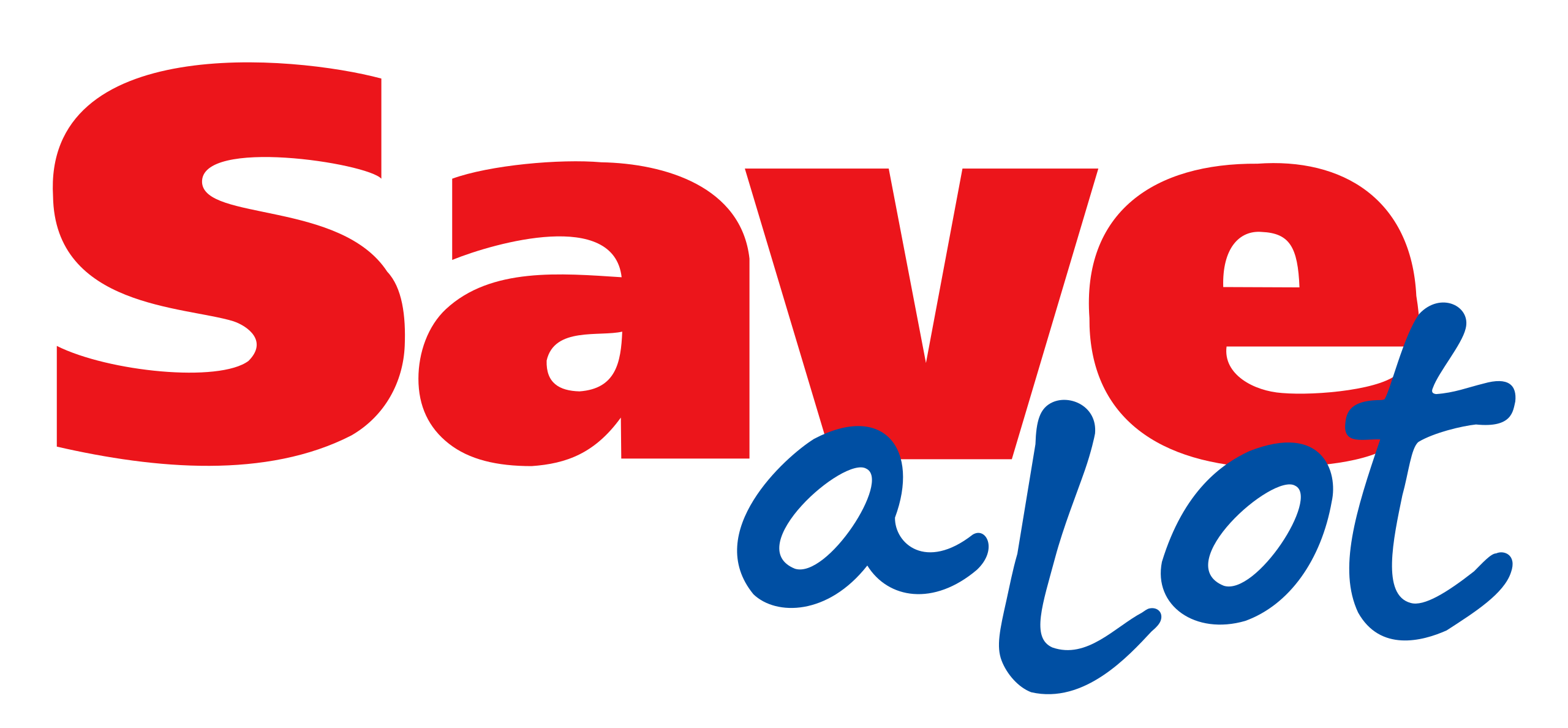
St. Louis, United States
67.91
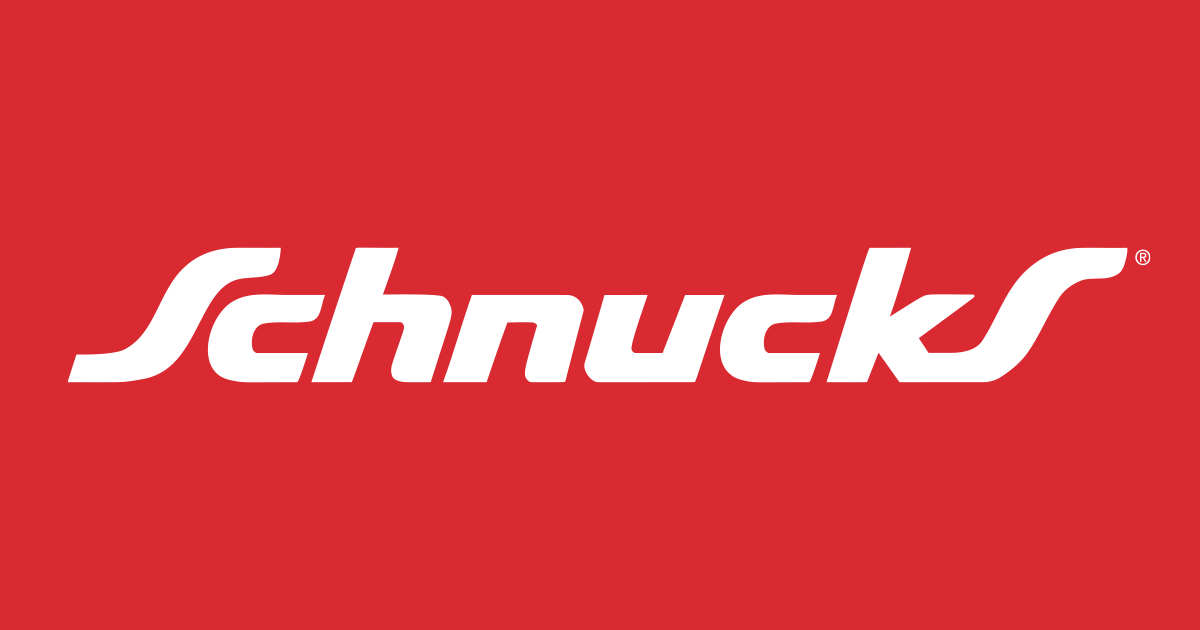
St. Louis, United States
51.13

San Antonio, United States
47.41
Salisbury, United States
43.25

Keasbey, United States
32.33

Gates, United States
29.63

Iselin, United States
28.64
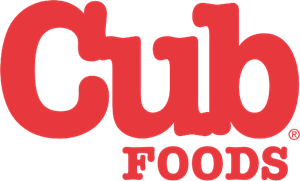
Stillwater, United States
26.09
Corporate Financials
- Revenue
- 2023
- $135.00B
- Total Assets
- 2023
- $35.00B
- Operating Income
- 2023
- $3.20B
- Total Equity
- 2023
- $15.00B
Employees: 466,000
Industries
- 424410
- General Line Grocery Merchant Wholesalers
- 445110
- Supermarkets and Other Grocery Retailers (except Convenience Retailers)
- 445120
- Convenience Stores
- 445299
- All Other Specialty Food Stores
